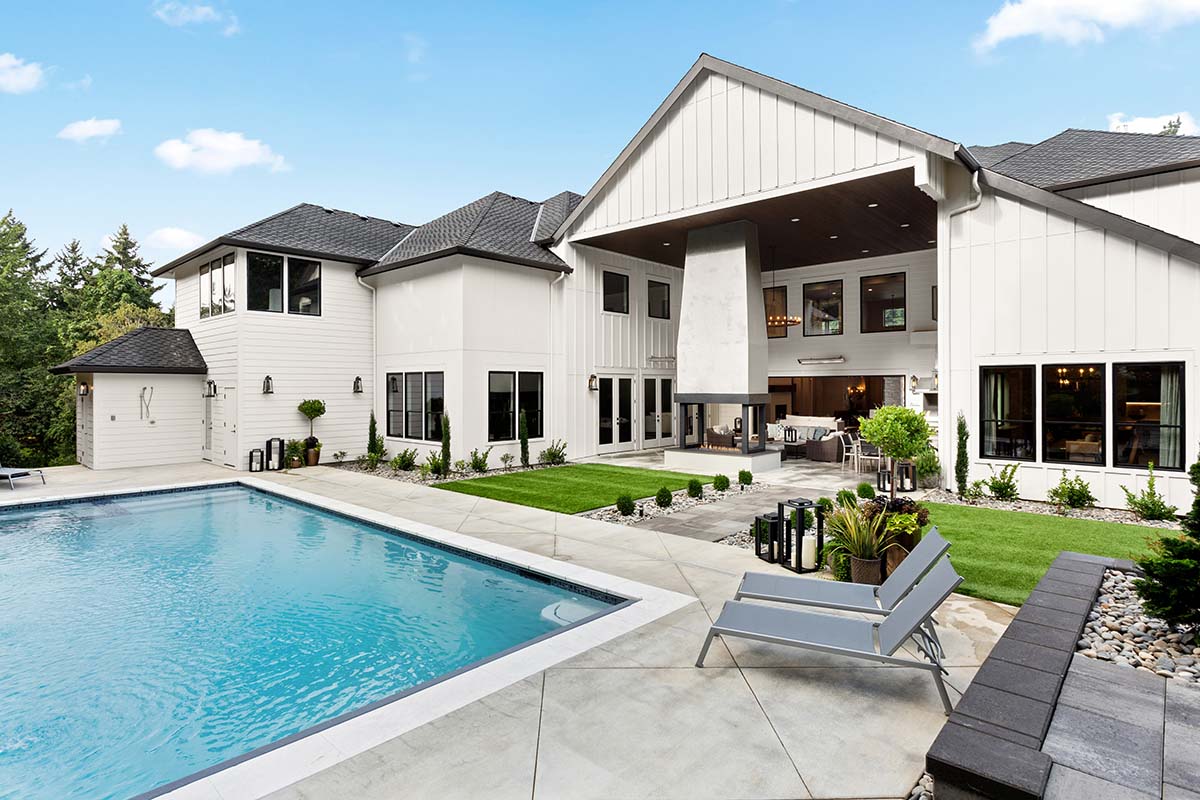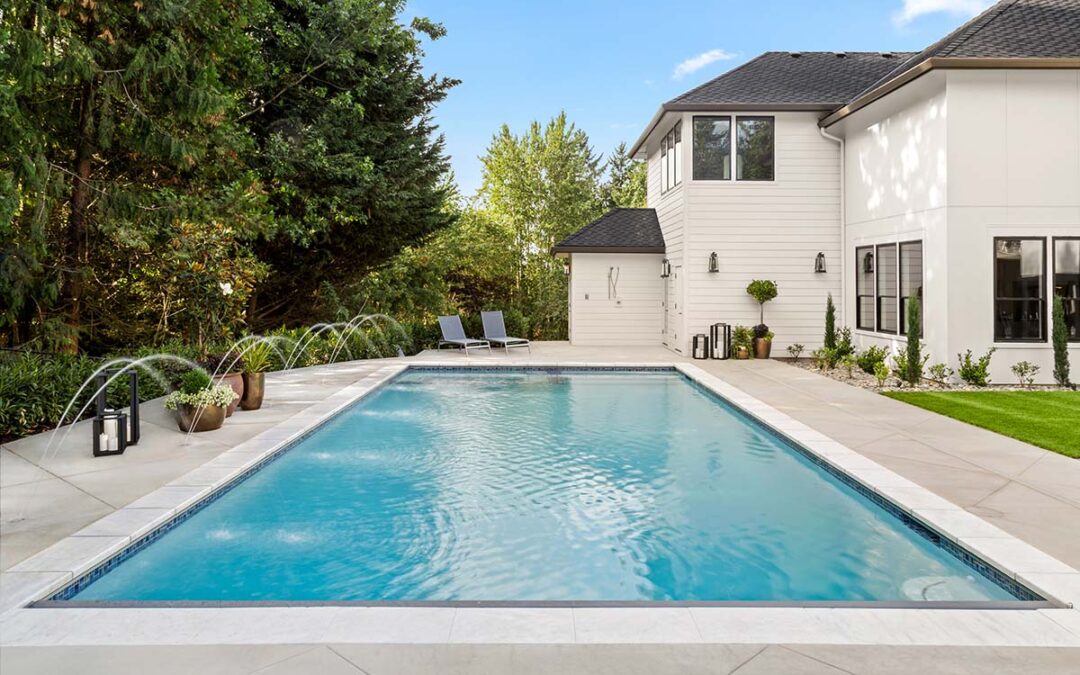Choosing the right pump for your swimming pool is crucial for maintaining clean and safe water. The pump is the heart of the pool’s circulation system, ensuring that water is filtered, treated, and circulated effectively. Selecting the appropriate pump depends on several factors including the size of your pool, your energy efficiency goals, and your budget.
Types of Pool Pumps
Single-Speed Pumps
Single-speed pumps are the most traditional type and operate at one constant speed. Their primary advantage is simplicity and lower upfront cost. However, they are often less energy-efficient, running continuously at full capacity and leading to higher energy bills.
Dual-Speed Pumps
Dual-speed pumps offer more flexibility than single-speed pumps. These pumps have two settings: a high setting for tasks like vacuuming or quick turnovers and a low setting for regular circulation. This ability to switch speeds makes them more energy-efficient, potentially saving you money on operating costs in the long run.
Variable-Speed Pumps
Variable-speed pumps are the most advanced and energy-efficient option available. They use a permanent magnet motor, like those found in electric cars, which allows them to run at multiple speeds. This adaptability ensures that the pump runs only as fast as needed, leading to significant energy savings. Though they come with a higher initial cost, their efficiency and potential rebates often offset this over time.
Solar Pumps
Solar pumps are an eco-friendly option that uses solar energy to power the pump. While they are dependent on sunny conditions, they offer the advantage of zero energy costs and are an excellent choice for those looking to reduce their carbon footprint.
Sizing Your Pool Pump
The size of the pump you need is determined by the volume of water in your pool and the turnover rate, which is the time it takes to circulate all the water in the pool. It’s generally recommended that the pump should be able to circulate the entire pool’s volume in about 8 hours. Calculating the required flow rate (gallons per minute or GPM) involves knowing your pool’s volume and ensuring the pump’s flow rate matches the filter’s flow rate capacity.
Energy Efficiency
Energy efficiency should be a significant consideration when selecting a pool pump. Variable-speed pumps, while more expensive upfront, usually provide the best long-term savings on energy costs. Additionally, ensure that whichever pump you choose is Energy Star certified, as this certification indicates it meets strict energy efficiency guidelines set by the U.S. Environmental Protection Agency.
Ultimately, the best pump for your swimming pool will depend on your specific needs and circumstances, including pool size, frequency of use, and budget. Single-speed pumps may suffice for smaller pools or limited use, but dual-speed or variable-speed pumps are generally recommended for their efficiency and cost-saving benefits over time. Solar pumps can be an excellent choice for environmentally conscious pool owners. Whichever pump you choose, proper maintenance and regular servicing will ensure it operates efficiently and lasts for many years.

Call Deckside Pool & Spa
Give us a call and we will provide a custom quote to fit your budget. Even if you didn’t purchase your pool or spa or equipment from us, we can set it up for you, and service it too. Speak to any one of our friendly and helpful staff and we’ll set up an appointment to come onsite to help. 250-492-8168
Visit our showroom in Penticton to see our large inventory of spas and equipment, maintenance products and accessories. Bring your pool and spa questions to us. We have the answers.
Visit Us on Facebook

